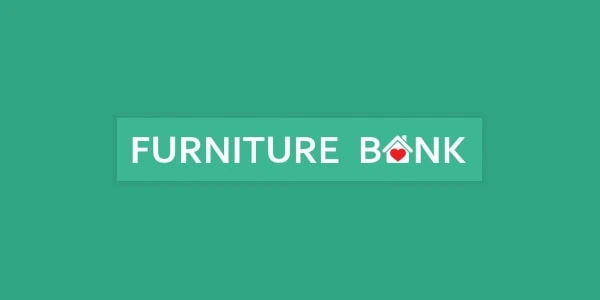
HOW TO ORGANIZE THE PAPER CLUTTER BEFORE MOVING
Credit: Downsizing Diva
As you sit on your porch, you reminisce on the memories you have made in this house with your family. Now that your adult kids have moved out of the house, it might be time to start thinking about yours.
As you go through your stuff and start packing, you realize that you have a lot of paperwork around the house. Whether that be
- bills and invoices
- coupons and clippings
- greeting cards and letter
- magazines, etc.
there is not a chance you will be moving all of it to your new home.
P.A.P.E.R. – Paper Always Prompts Emotional Responses
As you start clearing your paper clutter, it can be very time consuming and stressful. As you sort through your own piles of paper, you may be overwhelmed by the memories and responsibilities. Going through the paperwork of our lives is best managed in small amounts. It’s okay to start small, but start.
Life’s paperworks can take on various forms and can take on different meanings to different people.
When we talk paper, we are talking about…
- Bills and invoices: many people run business from a home office.
- Books: hard cover, paperback, children’s, telephone books, etc.
- Coupons and clippings: free stuff, discounted stuff, interesting stuff, new stuff.
- Greeting cards: old, new, funny, serious, hand-hand, works of art, etc.
- Letters: love letters, ordinary letters, good news, bad news or no news at all.
- Magazines: hobby, fashion, decorating, scientific, travel, educational, etc.
- Photos: old, new, framed, unframed, in boxes, bags or bundles.
- Receipts and instruction manuals: items long since broken or thrown out.
- Recipes: hand-written family favourites, “tried and true,” or “too good to pass by.”
- School notes and projects: your own or your children’s.
- Tax information: from every tax year ever filled, with back-up receipts.
Now that we have identified the contributors, here are some recommendations for dealing with them:
Bills and invoices
Follow good business practices and keep items that you think you may need for appropriate record keeping.
Books
Books are often hard to let go of. Share a book you enjoyed with someone who will enjoy it as well. Encourage them to continue passing the book along to someone they think will enjoy it, once they have finished reading it.
Coupons and clippings
We come across and collect coupons think that we will buy it sometime soon. We forget and they just pile up. Throw the expired coupons and only keep what you know you will use or read again.
Greeting cards and letters
After taking a trip down “memory lane,” choose a few items to keep and throw out the rest. How about trying to make a collage or scrapbook?
Magazines
You may have some magazines that are too good to throw away or recycle. But really, in the +100 pages you only find a few pages that are worth keep. These pages can easily be taken out and filed for easy retrieval. You will be amazed by how much you have managed to open up!
Photos
Photographs carry a story with them and they can spark inter-generational dialogue. Sort through those photos and make it an enjoyable task with family as you reminisce on what story each picture captured.
Receipts and instruction manuals
If the warranty period has expired or you no longer use or own the item, throw out the receipt and manual. It can’t get simpler than this.
Recipes
Search through that recipe box that is overflowing with recipes. In that pile of old newspaper clippings, you may find hidden traditional, hand-written recipes. Find a favourite recipe, make and bring it and the recipe to a family celebration.
School notes and projects
Perhaps look into buying a unique box to store special treasures. Conserve school notes, cards, artwork and memorabilia.
Tax information
Retain for seven years and then shred and dispose of.
With technology and innovation today, we are moving towards a paperless society. We all want to be environmentally-friendly and green and reduce our paper trail by doing and receiving everything online as well. However, trends show that we are not using less paper but rather covering ourselves in more paper than ever before. We do not trust technology to keep track of our documents so we are printing and saving hard copies of our information in traditional filing cabinets. So what can we do? Keep the essentials and dispose of the rest. Always shred papers containing personal information (Social Insurance or Security Number, Name, Address and Bank Information) to reduce chances of becoming a victim of identity theft.
Now with reduced papers, there should be less boxes to move with you.






